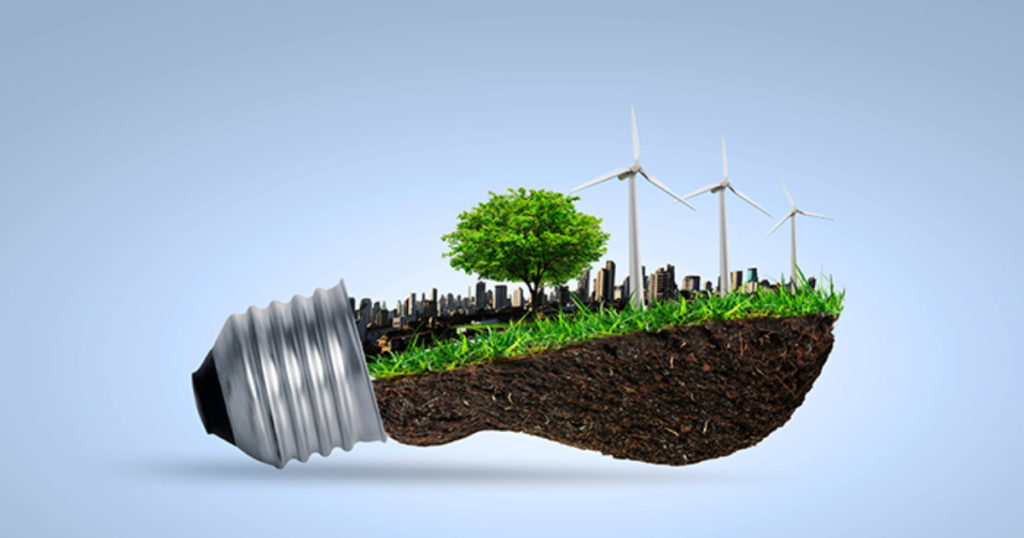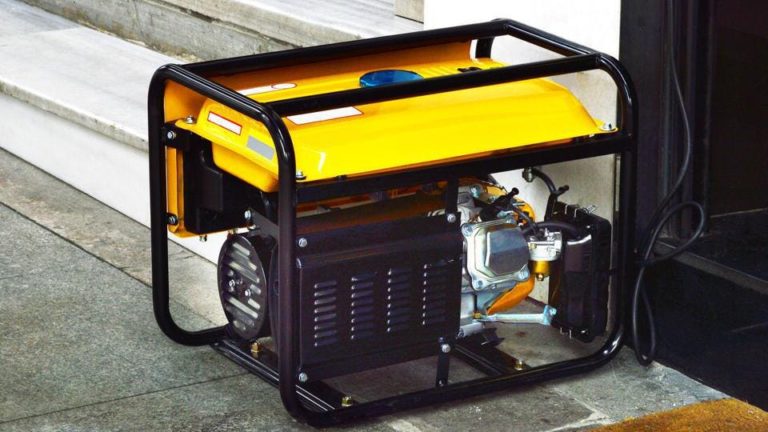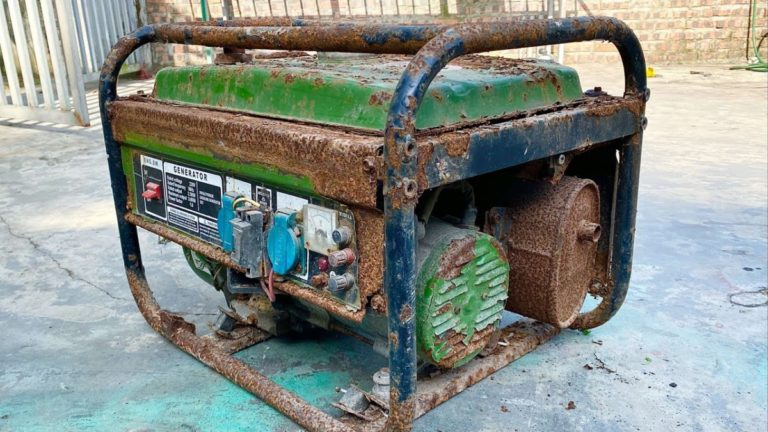As we strive to create a more sustainable future for our planet, harnessing the power of renewable energies has become an imperative.
Hybrid energy systems that combine different sources such as solar, wind, and hydroelectricity offer significant environmental benefits by reducing reliance on fossil fuels and decreasing greenhouse gas emissions.
By investing in off-grid hybrid energy solutions, individuals and communities can not only reduce their carbon footprint but also achieve independence from traditional grid systems, promoting sustainable living and self-sufficiency.
Reduced greenhouse gas emissions
Hybrid energy systems that combine renewable sources like solar and wind with energy storage can significantly reduce greenhouse gas emissions compared to traditional fossil fuel-based power systems.
These systems can store excess energy generated by the renewable sources during periods of low demand and release it during periods of high demand, reducing the need for fossil fuels and lowering emissions.
Hybrid energy systems can provide reliable and stable power, even during periods of low sunlight or wind, by leveraging energy storage technologies such as batteries.
This ensures that the power generated from renewable sources is available when needed, making the transition to a cleaner and more sustainable energy future possible.
In fact, a study by the National Renewable Energy Laboratory found that widespread adoption of hybrid energy systems could reduce greenhouse gas emissions by up to 75% by 2050, compared to traditional power systems.
With the potential to significantly reduce emissions and provide reliable, stable power, hybrid energy systems are an important step towards a cleaner energy future.
Increased energy efficiency
Hybrid energy systems can increase energy efficiency by allowing for the optimization of energy use and minimizing energy waste.
Hybrid energy systems offer a powerful solution for optimizing energy use and minimizing energy waste.
By combining different energy sources and technologies, such as solar, wind, and energy storage, these systems can create a more efficient and resilient energy infrastructure.
For instance, during periods of low energy demand, excess energy can be stored in batteries or other forms of energy storage, and then released during periods of high demand, reducing the strain on the grid and minimizing energy waste.
The synergy between different energy sources can lead to more efficient energy conversion and utilization, such as the use of wind energy to charge batteries, which can then be used to power homes and businesses during periods of low wind output.
By optimizing energy use and minimizing energy waste, hybrid energy systems can help reduce energy consumption and lower greenhouse gas emissions, contributing to a more sustainable and environmentally friendly energy future.
Reduced energy dependency
By using renewable energy sources, hybrid energy systems can reduce reliance on non-renewable energy sources and promote energy independence.
Using renewable energy sources can significantly reduce our reliance on non-renewable energy sources, such as fossil fuels, and promote energy independence.
Renewable energy sources, such as solar, wind, and hydro power, are abundant and can be harnessed using various technologies.
These sources of energy are clean and do not release harmful emissions into the atmosphere, which can contribute to climate change and air pollution.
By implementing hybrid energy systems that combine renewable energy sources with energy storage technologies, we can create a more reliable and sustainable energy infrastructure.
This approach can also decrease our dependence on non-renewable energy sources, which are finite and contribute to greenhouse gas emissions.
Renewable energy sources can create jobs and stimulate local economies, promoting energy security and independence.
By embracing renewable energy sources and hybrid energy systems, we can build a better future for ourselves and future generations.
Reduced water usage
Many hybrid energy systems use air-cooling technology, which significantly reduces water usage compared to traditional cooling methods.
Air-cooling technology is a game-changer in the field of hybrid energy systems.
Unlike traditional cooling methods that rely heavily on water, air-cooling uses ambient air to remove excess heat from the system, significantly reducing water usage.
This not only conserves water but also lowers the overall cost of operation and maintenance.
With air-cooling, the system’s lifespan is extended, and the risk of overheating and damage is minimized.
Moreover, air-cooling technology is designed to work in a wide range of ambient temperatures, making it an ideal choice for hybrid energy systems deployed in diverse climates.
In addition, air-cooling technology is relatively low-noise, which is essential in residential areas or other noise-sensitive environments.
Overall, the adoption of air-cooling technology in hybrid energy systems is a smart choice for those looking to reduce their carbon footprint while minimizing water usage and costs.
Improved air quality
By reducing the use of fossil fuels, hybrid energy systems can improve air quality and reduce negative health impacts associated with air pollution.
By transitioning away from fossil fuels and incorporating hybrid energy systems, we can significantly improve air quality and reduce the negative health impacts associated with air pollution.
Fossil fuels, such as coal and oil, emit harmful pollutants into the atmosphere, including particulate matter, nitrogen oxides, and sulfur dioxide.
These pollutants can cause respiratory problems, heart disease, and other serious health issues.
In contrast, hybrid energy systems, which combine renewable energy sources like wind and solar with energy storage technologies, offer a cleaner and healthier alternative.
For instance, a study by the National Renewable Energy Laboratory found that a hybrid solar-powered energy system in Los Angeles reduced particulate matter emissions by 97%.
By adopting hybrid energy systems, we can breathe easier, reduce hospitalizations, and save lives.
The integration of energy storage technologies like batteries ensures a reliable and consistent power supply, further mitigating the negative health impacts associated with air pollution.
Reduced noise pollution
Hybrid energy systems can reduce noise pollution compared to traditional fossil fuel-based power systems.
Hybrid energy systems, which combine multiple energy sources such as solar, wind, and storage, offer a promising solution to reduce noise pollution compared to traditional fossil fuel-based power systems.
Unlike traditional power plants that rely on loud and polluting internal combustion engines, hybrid energy systems are equipped with clean and quiet technologies such as solar panels and wind turbines.
These technologies not only produce electricity without burning fossil fuels, but they also generate energy without the noise and vibrations associated with traditional power plants.
For instance, solar panels and wind turbines produce zero noise and emissions, whereas traditional power plants can emit loud noise and harmful pollutants into the atmosphere.
Hybrid energy systems can be designed to incorporate energy storage solutions, which can help to mitigate the variability of renewable energy sources and ensure a stable power supply.
By leveraging these advanced technologies, hybrid energy systems can significantly reduce noise pollution and provide a cleaner, more sustainable energy solution for communities worldwide.
Preservation of natural resources
By using renewable energy sources, hybrid energy systems can help preserve natural resources for future generations.
By embracing renewable energy sources, hybrid energy systems can play a important role in preserving natural resources for future generations.
Renewable energy sources such as solar, wind, and hydroelectric power are clean and sustainable, meaning they do not release harmful emissions into the atmosphere or deplete finite resources.
By utilizing these sources, we can significantly reduce our reliance on fossil fuels, which are finite and contribute to climate change.
This shift towards renewable energy will not only help protect the environment but also ensure a more stable and reliable energy supply for future generations.
Hybrid energy systems that combine renewable energy sources with energy storage technologies can provide a secure and consistent energy supply, even during times of uncertainty or changes in weather patterns.
By investing in these systems, we can ensure that our energy needs are met while preserving the planet for future generations.
Enhanced energy security
Hybrid energy systems can improve energy security by reducing reliance on imported fuels and providing a reliable source of energy.
Hybrid energy systems offer a powerful solution to improve energy security by reducing reliance on imported fuels and providing a reliable source of energy.
These systems integrate different energy sources, such as solar, wind, and energy storage, to create a resilient and adaptable energy infrastructure.
By leveraging local renewable energy resources, hybrid energy systems can reduce dependence on imported fuels, which can help to mitigate geopolitical risks and volatility in energy prices.
Moreover, these systems can provide a reliable source of energy, even during times of high demand or when traditional energy sources are unavailable.
For instance, a hybrid energy system can combine solar power and energy storage to provide a constant supply of electricity during the night or on cloudy days.
This ensures that critical infrastructure, such as hospitals, emergency services, and communication networks, remain operational and unaffected by power outages.
By improving energy security, hybrid energy systems can contribute to the overall resilience of a community, enhancing the well-being of its citizens and businesses.
Want More? Dive Deeper Here!
Hey there! If you’re the type who loves going down the rabbit hole of information (like we do), you’re in the right spot. We’ve pulled together some cool reads and resources that dive a bit deeper into the stuff we chat about on our site. Whether you’re just killing time or super into the topic, these picks might just be what you’re looking for. Happy reading!
- Exploring the Effects of Climate Change and Technological Innovation on the Robust Design of Off-grid Hybrid Energy Systems – NASA/ADS
- When 100% renewable energy doesn’t mean zero carbon
- 5 Environmental Impacts of Renewable Electricity Generation | Electricity from Renewable Resources: Status, Prospects, and Impediments | The National Academies Press






